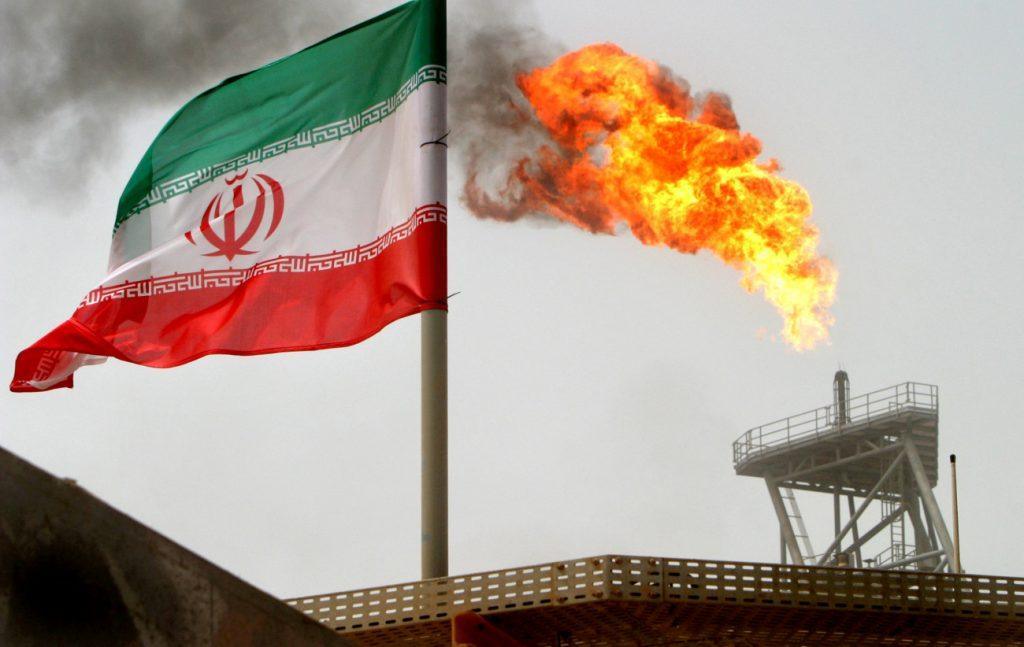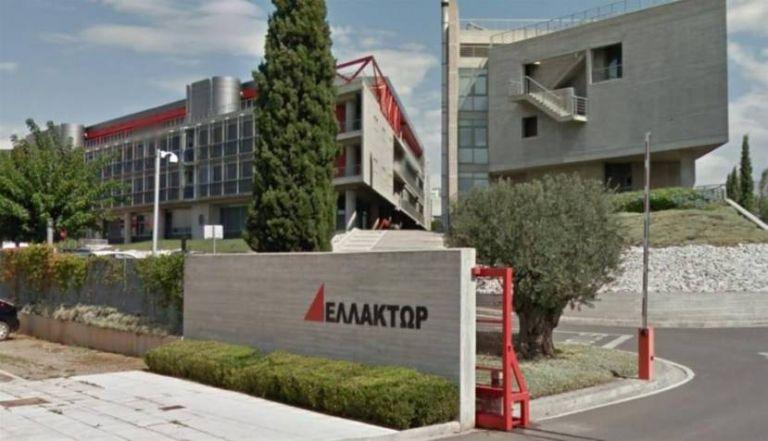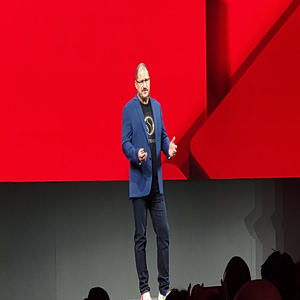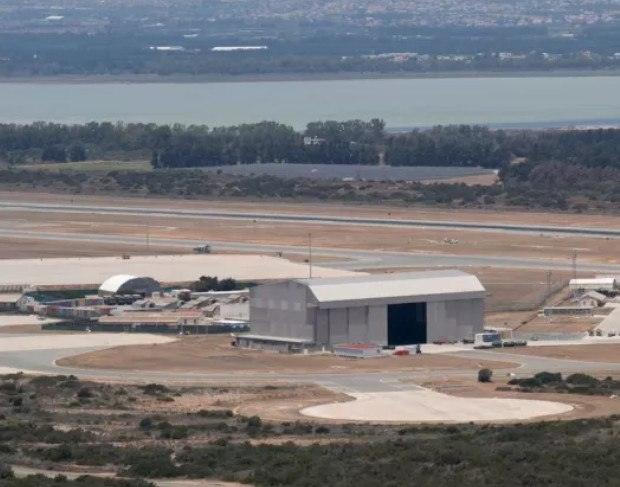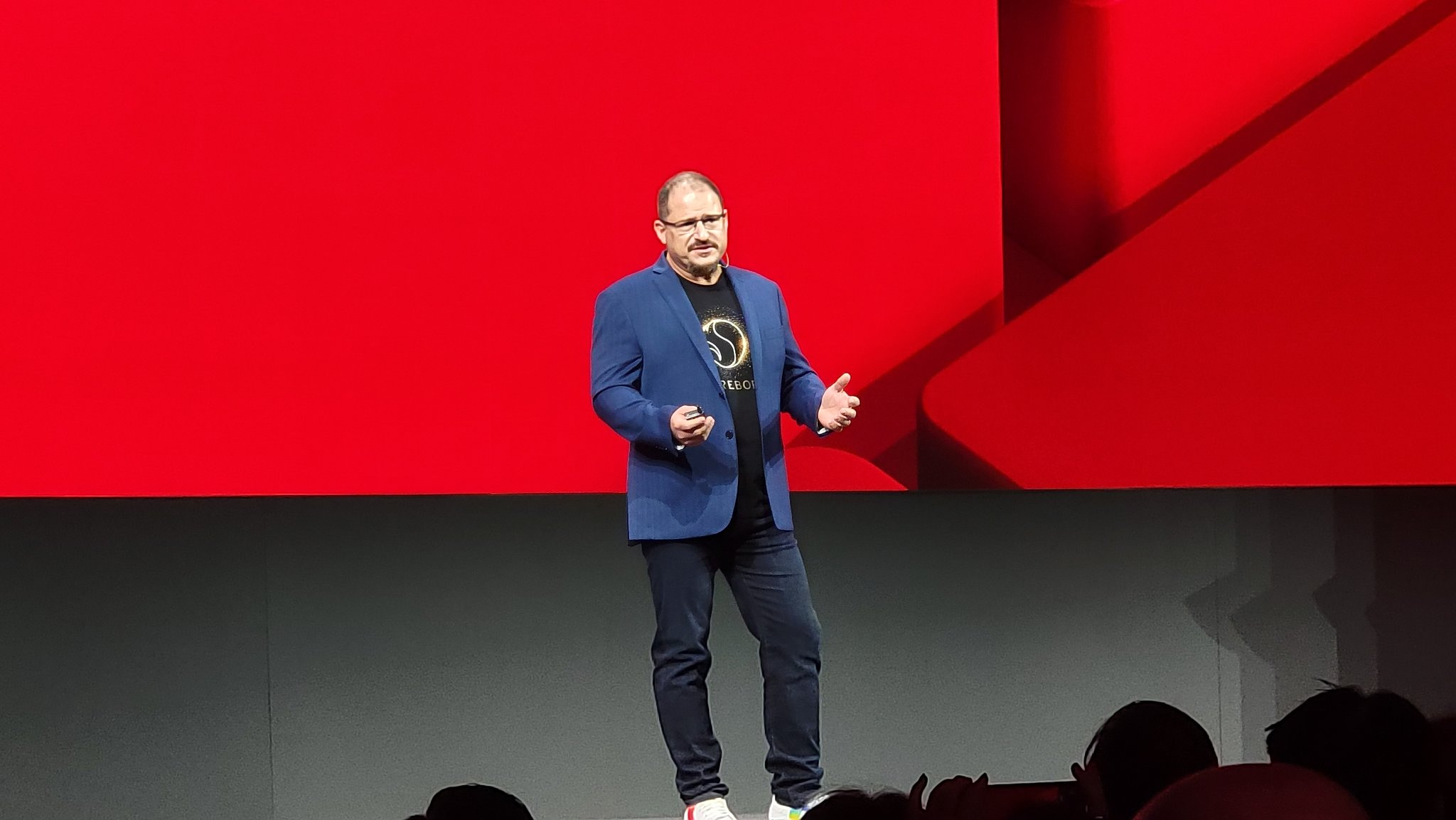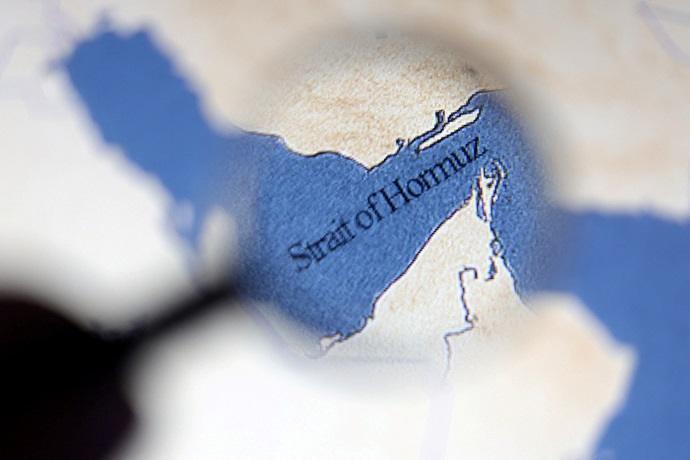Greek banks are set to play a central role in the creation of the new Property Acquisition and Leaseback Entity, a scheme designed to manage repossessed homes while preventing evictions, marking a shift in Greece’s housing policy landscape. According to recent disclosures in Parliament by the Deputy Finance Minister, the banks will participate in the scheme either through equity contributions or loans.
In total, credit institutions are expected to contribute 100 million euros to the entity. This funding will either come as direct investment—making the banks shareholders with profit expectations—or as loans, depending on negotiations with the entity. Essentially, the banks will gain a stake in properties that were once mortgage collateral, but this time without bearing any credit risk.
The structure of the 100 million euros—whether in equity, loans, or a mix—will depend on the investment’s internal rate of return (IRR). If no third-party investors join, officials say the banks’ funding alone could cover the purchase of up to 2,000 homes.
Not Just an Investment Scheme—A New Housing Model
This structure is more than a financial instrument—it could represent a new model for housing policy in Greece. In this model, a homeowner at risk of foreclosure loses their home to the bank. The home is then sold to the new entity, in which the bank may be a shareholder or even the sole shareholder if no outside investors come forward. The former homeowner remains in the property—but now as a tenant, paying rent indirectly back to their original lender through the new intermediary entity.
How the Leaseback Scheme Works
The Property Acquisition and Leaseback Entity, chosen via international tender, will buy homes from over-indebted owners and lease them back for 12 years to prevent evictions. Tenants can repurchase their homes if they recover financially, while the state will support them with monthly rent subsidies through the social welfare agency OPEKA.
Source: tovima.com


